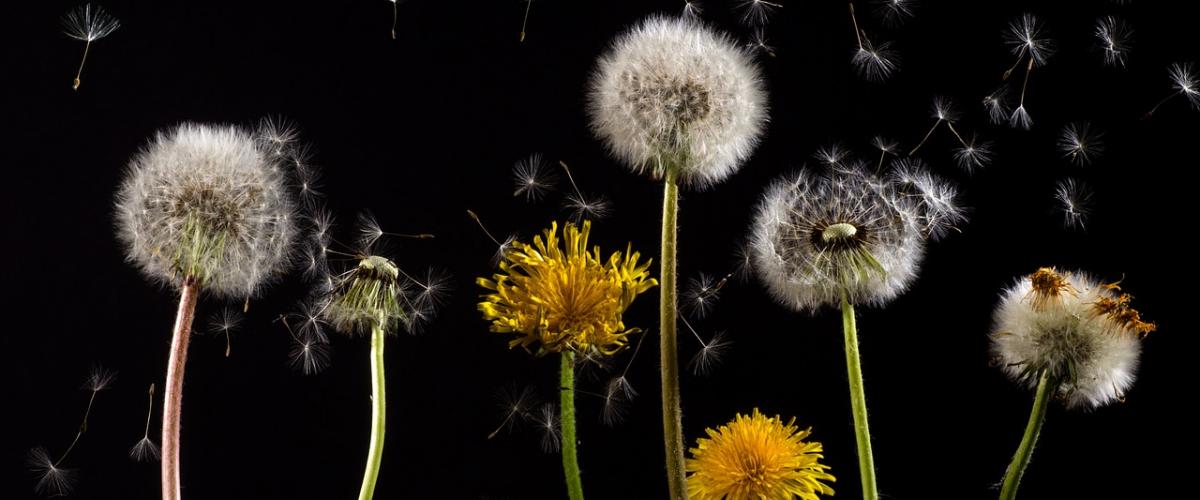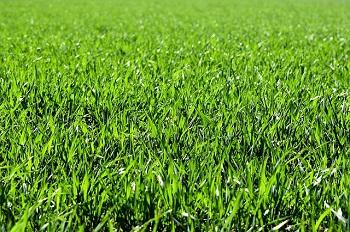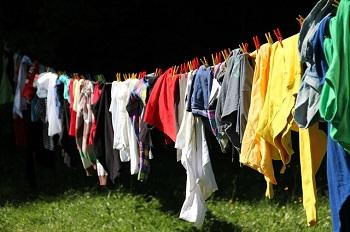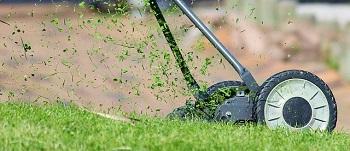- May 17, 2017
- Emily Vyverberg, PharmD, Staff Pharmacist
- Healthy Living

Itching. Sniffling. Sneezing. If you have seasonal allergies, you’ll know exactly what those words mean.
Every year, around this time, you start a seemingly endless cycle of irritation and stuffiness that lasts until winter. Although it is difficult, seasonal allergies can in fact be managed.
Here is how you can do it:
Avoid allergens whenever possible

Obviously, avoiding allergens (things that cause allergic reactions) is very beneficial when trying to manage them. This is easier said than done, however.
If your allergies are seasonal, they are likely caused by mold spores or pollen from trees, weeds, or grass.
Since these are all found outdoors, that makes allergens impossible to avoid completely.
You shouldn't put your life on hold or completely avoid the great outdoors in order to deal with seasonal allergies. Taking a few precautions can make a big difference in the severity of allergy symptoms.
Those precautions will be covered below.
Stay indoors during morning hours
Pollen is released in the morning, typically between the hours of 5:00-10:00 A.M. As such, try to complete your outdoor tasks after that time.
If you like to do things outside early in the morning to “beat the heat”, consider waiting until later at night.
Keep your windows closed and use air conditioning
Your home needs to be a fortress that pollen cannot penetrate. Leaving your windows open will act as a gateway for pollen to enter your home, especially on a windy day.
Even if it isn’t unbearably hot outside, it’s best to use air conditioning to filter pollen before it can reach you.
Don’t hang clothes on a line outside

Use a dryer instead. A lot of people hang their clothes out to dry in order to save money on electricity.
Most fabrics will collect pollen and make it easy for the pollen to contact you once you wear those clothes. In many cases, it is worth it to spend a little extra to run the dryer and reduce those allergy symptoms.
Stay indoors during windy days
Again, this is easier said than done. Real life doesn't stop for a bit of wind.
If the opportunity presents itself, think about staying inside the next time it is windy outside.
See a doctor
If your allergies are bad enough, see a doctor in order to weigh your options. They will recommend a course of action for you to get the relief you need.
In severe cases, you may be referred to an allergist for treatment.
Have someone mow your lawn for you

If you have to mow, wear a mask. Lawn mowers will kick up pollen and send it directly into your eyes and nose.
Whenever possible, avoid mowing the lawn.
Wash your bed sheets once a week
When you go outside, pollen collects on your clothes and skin. It will also collect on your bed sheets after a day of being outside.
Washing your sheets frequently will limit the amount of pollen you can come into contact with while sleeping.
Take antihistamines
Histamine is released when an allergen is encountered. It causes common allergy symptoms like sneezing, itching, and watery eyes.
Antihistamines are designed to block this response from happening. As a result, they can be used to cut down on allergy symptoms.
Check pollen counts frequently
It is best to be aware of how much pollen is in the air on any given day, especially when you know you will be outside. Pay attention to pollen forecasts and trends in order to stay one step ahead.
Allergies can make it difficult to live a normal life during the summer. With these actions, you will limit the severity of your seasonal allergy symptoms.
This is your chance to turn the tables and not let allergies get in your way.







